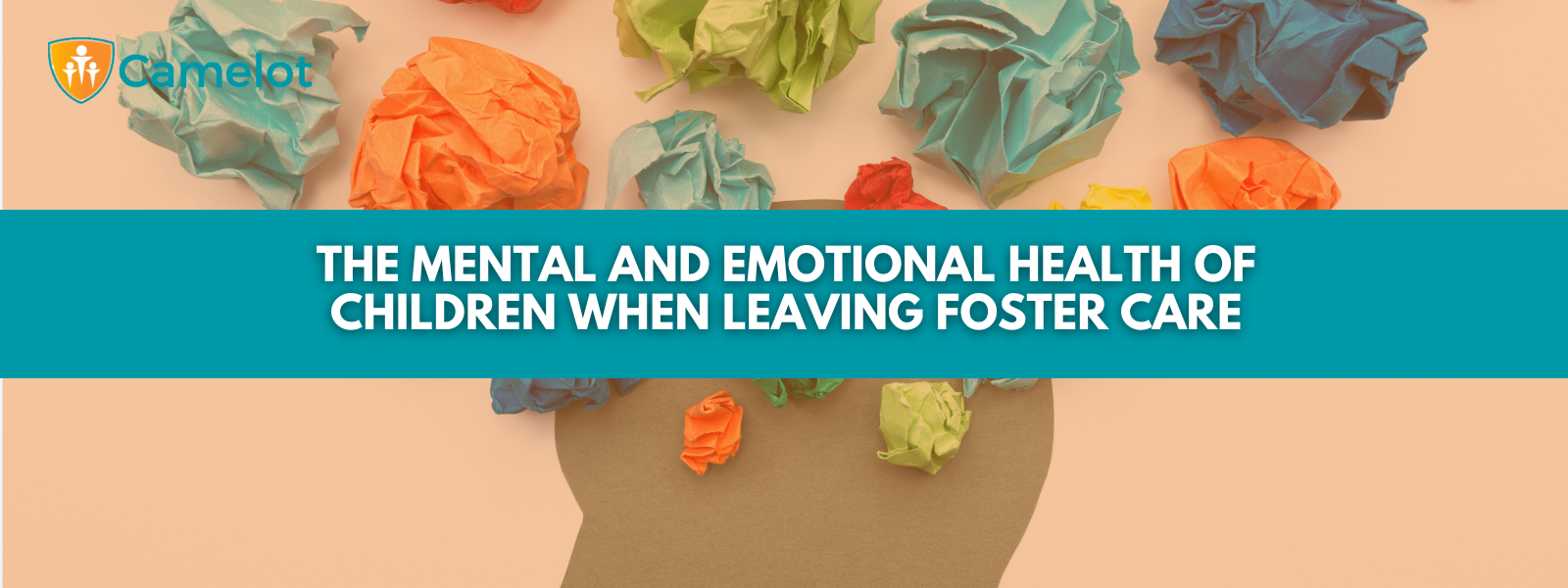How Substance Abuse Therapists Can Help Patients Overcome Addiction

How Substance Abuse Therapists Can Help Patients Overcome Addiction
More than 21 million Americans suffer from addictions, but only 10% of them receive treatment. A large percentage of those affected are young adults between the ages of 18–25. This could be due to how drug use has been glorified by the media and viral videos on social media platforms that show college students binge drinking or joking about being on stimulants to get through a semester.
When does social use turn into an addiction? And who can help an addict recover from substance abuse?
A Short History of Substance Abuse
Humans have been consuming drugs and alcohol for thousands of years. Early Egyptian civilizations drank wine, China has been medically using marijuana since 2737 B.C., and studies have found that narcotics have existed for around 50,000 years.
The use of extracted ingredients from psychoactive drugs became prominent in the 19th century. Wounded American Civil War soldiers were sent home with morphine kits for their injuries. Doctors prescribed drugs like morphine, laudanum, and cocaine to their patients without government or medical associations’ regulations. An estimated 400,000 soldiers returned home addicted to morphine, which made morphine addition become known as the “Soldier’s Disease.” Opium dens sprouted in societies because of these actions.
Governments did not begin to address the growing epidemic until the late 1800s. The first piece of legislation against drug abuse was enacted in 1875, which outlawed opium dens in San Francisco. Addiction began to be termed as a disease in 1956 by the American Medical Association.
What Is Addiction and Substance Abuse?
Addiction is a brain disorder that makes a person dependent on a substance or behavior. The disorder is developed through frequent and long-term use. Substance abuse is the addiction to alcohol and/or narcotic or recreational drugs. The most frequently abused drugs are cocaine and its variants crack cocaine, heroin, ecstasy, methamphetamines, hallucinogens, prescription drugs, and tobacco.
There is scientific evidence that shows that substance abuse stems from changes in the brain, similar to depression and some forms of anxiety. It is a chemical reaction where your brain produces dopamine from doing the drug. Repeated and prolonged use becomes a compulsion and makes the body dependent on the substance. This proves that addiction is a disorder, not a disease or a bad habit that one can easily stop doing.
How Does Someone Become Addicted to Drugs or Alcohol?
Anyone can become addicted to a substance—no matter what it is. Many risk factors increase the possibility of addiction, however. Some of which are:
● A traumatic experience
● Stressful early-life experiences like the loss of a close family member
● Exposure to drugs or alcohol while in the womb
● Mental health disorders such as depression and anxiety
What Does Recovery Look Like?
Recovery is not an easy process. The body had to be reprogrammed to depend on addiction and it will take time to reprogram it back to a healthy state. Hard work must be put in to get clean. A recovering addict will have to make changes in their lifestyle, daily routines, social circles, and ways of thinking.
Evidence-based treatments such as cognitive behavioral therapy are pivotal to a person's recovery. With the help of a substance abuse therapist, also known as an addiction therapist, an addict can learn to identify harmful thought processes and behaviors that attribute to their substance abuse and work to change them.
What Is a Substance Abuse Therapist?
A substance abuse therapist is a mental health professional who specializes in treating patients with a chemical dependency on drugs and or alcohol. These counselors work in the private and public sectors of businesses, government buildings, and rehabilitation facilities. They can work one-on-one with clients, conduct group therapy sessions, or both.
Substance abuse therapists recommend and review treatment goals with their clients and help create treatment plans for them. They will work with recovering substance abusers to understand the triggers for their compulsion and utilize cognitive behavior therapy to set new lifestyle goals and routines to prevent a relapse in their client.
Families of recovering addicts also work with and benefit from their loved one's therapist. With them, families are properly educated about addiction to erase stigmas and to understand what their loved one is going through. Addiction therapists also help families to develop strategies to cope with their family member or friend's recovery process.
Although there have been remarkable breakthroughs in the scientific understanding of substance abuse, there is still a lot of stigma around it. Substance abuse therapists are crucial to the education of addiction and the de-stigmatization of those who suffer from the disorder and those who are recovering from it.
At Camelot Care Center, we offer a substance abuse program designed for adolescents, teens, and young adults who are participating in substance abuse. Participants of our program will learn how to master developmental tasks regarding identity, logical thinking, and preparing for adulthood as they examine their lives, their drug use, and the impact of current behaviors on their future.
If you or someone you love is suffering from substance abuse, contact the Camelot Care Center today.





Camelot Care Centers






